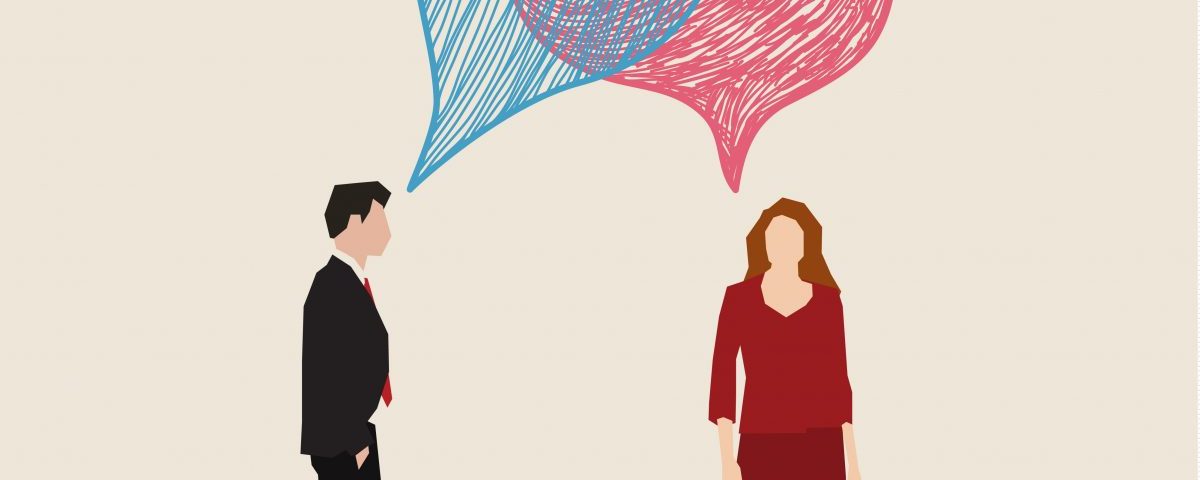March is Worldwide Endometriosis Month, and to help honor the occasion, the fifth worldwide EndoMarch will be held on March 24 to help raise awareness of the condition.
The march will take place at more than 70 locations worldwide, with seven events scheduled in the United States, including in Atlanta, Bluffton, Chicago, Minneapolis, New York, San Francisco, and Washington, D.C.
Raising awareness is critical to achieving better outcomes, earlier diagnoses, and earlier access to treatment. The EndoMarch is an opportunity for networking and making your voice heard, organizers said.
The marches share common goals, including empowering women to take a stand against the disease, educate and inform about the disease, train members of the medical community to detect endometriosis earlier, and promote funding research and treatment programs, among others.
Another goal of this year’s EndoMarch is to foster mutual understanding and dialogue between women and men. Because conversations about endometriosis are typically started by women, meant for women, and held between women, men are generally left out of the discussions, which is detrimental to global awareness of the disease.
According to Endometriosis News columnist Chris Robson, March is a good opportunity to increase visibility of the disease among men. One problem is that standard education does not teach boys about women’s reproductive issues, Robson says, and it’s critical that people share their stories and experiences with others to fill this gap.
“A good place to start is sharing articles on social media,” Robson wrote. “Chances are your followers and friends on social media are a mix of genders and sexes, and sharing this information with them (with an explanation of why they should read it and why you shared it) is a great way to get conversations going.”
Robson believes sharing personal experiences help as much as sharing scientific articles or opinion pieces published in the media.
“Nothing destigmatizes like openness, and nothing is more touching than personal stories,” he added.
Finally, sharing personal stories and experiences with male friends may be the most impactful way to raise awareness, Robson said.
“Have conversations with your friends, tell them about you and your partner’s struggles, and tell them about the highs and lows. By understanding that this condition affects those close to us, endometriosis moves from being an abstract concept to a real issue. We are more likely to feel connected to it, and more passionate about the cause,” he said.
Those interested in participating can register with a nearby EndoMarch team or attend a virtual march. Readers also can start by sharing a picture of themselves preparing for a march at the hashtag #EndoMarch2018 or by sharing an event’s frequently asked questions (FAQ) page, an event flyer, fact sheet, or graphs (available here and here).
Other hashtags used by campaigners include #Endometriosis, #1in10, #TimesUp, and #EndEndometriosisSilence.

